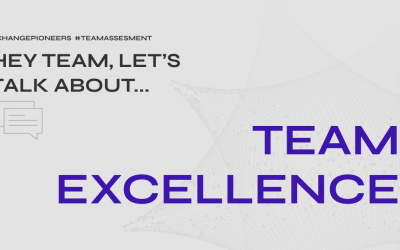We at Change Pioneers strongly believe that every process can be understood better from the perspective of data and neuroscience. So we asked ourselves a question: what happens in the brain in times of change?
Change always causes a stress response in the brain. We are creatures of habit and we don’t respond well when habits are forced to be redefined. Stress in its turn is a chemical reaction in the brain that causes us to go into the fight, flight, or freeze mode. Put simply, our brains push us into one of those three paths:
- get defensive or aggressive (fighting stress)
- pretend like nothing is happening, procrastinate and concentrate on an entirely different thing (fleeing from stress)
- get passive and try to wait things out (freezing)
As you can see, all of those paths lead to losing focus and letting the primitive emotional side get the best of us. We become irrational and reactive, so learning and moving forward productively becomes increasingly hard.
On the other hand, if used correctly stress can be a powerful driving force that motivates us to push boundaries and experiment with new models. How can we harness that power to help us better adjust to new realities – both on the levels of the individual and the team?
Take a look at our deep dive into the mechanics of stress and practical ways of riding the uncertainty waves into a better tomorrow. We will discuss:
- Psychological safety within the team
- Processes of learning and unlearning
- Creating and strengthening new patterns in the brain that lead to better adaptability



